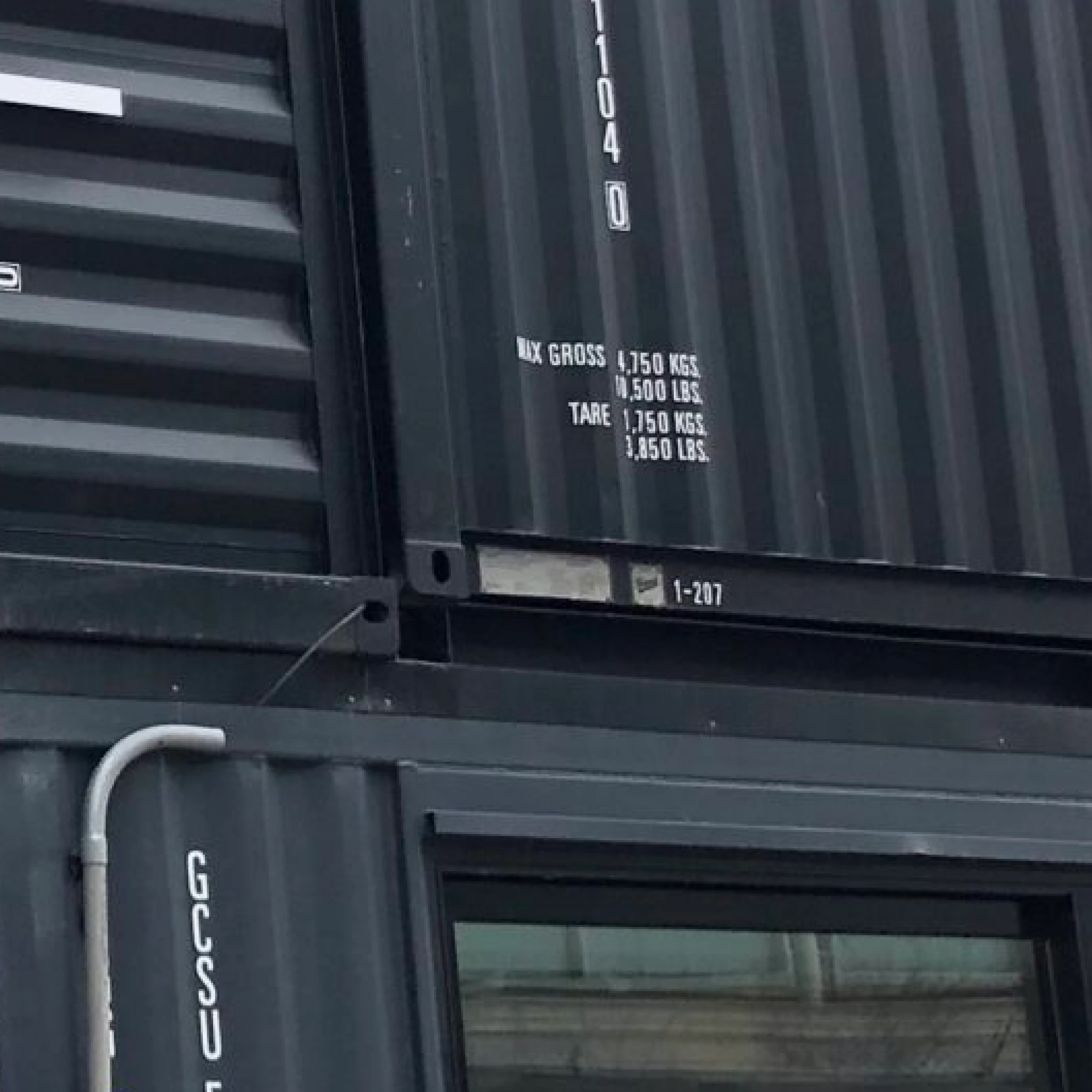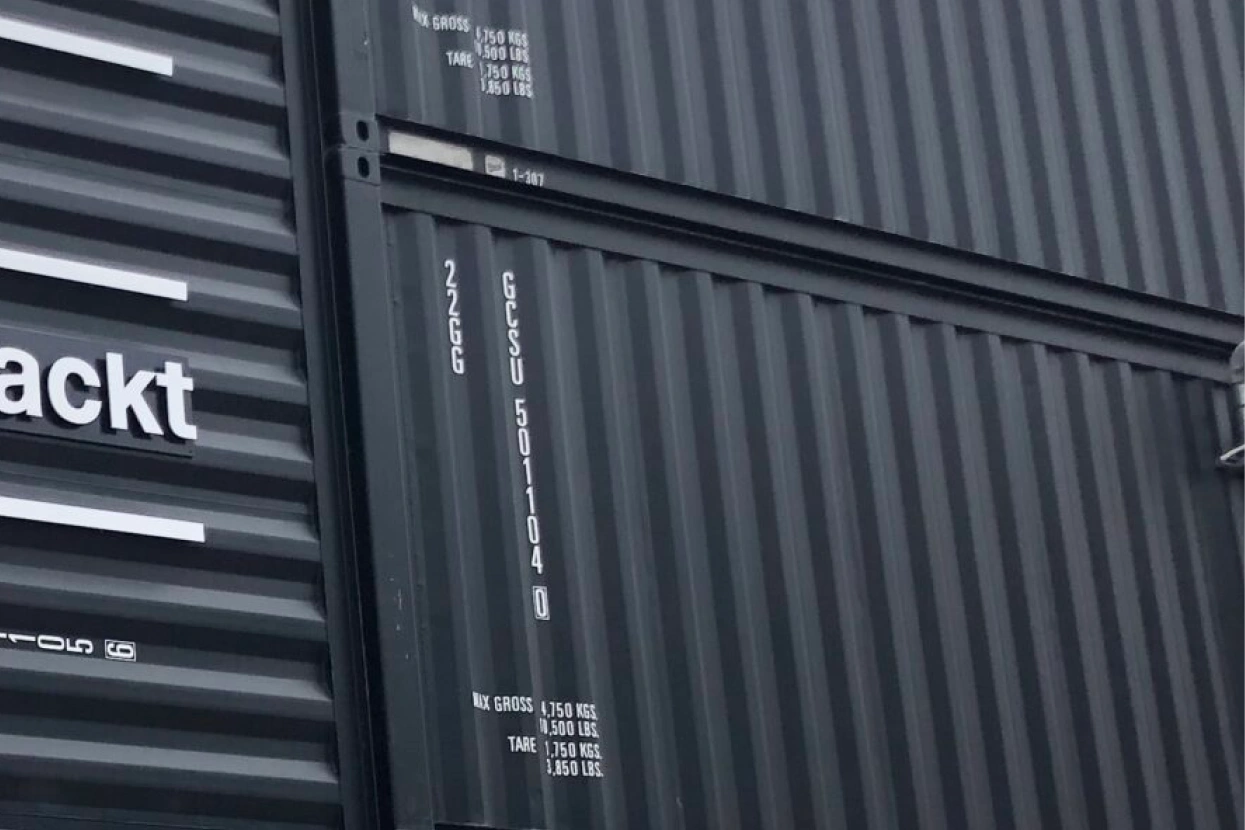The Vital Role of Budgeting and Understanding Hard and Soft Costs in Modular Projects


In the realm of construction and development, the rise of modular projects has been nothing short of revolutionary. Offering efficiency, sustainability, and versatility, modular construction has swiftly gained traction across various sectors, from residential to commercial ventures. However, amid the excitement of embarking on a modular project, there's a crucial aspect that cannot be overlooked: budgeting and comprehending both hard and soft costs.
Embracing the Modular Revolution
Modular construction, characterized by the prefabrication of building sections in a controlled factory environment, presents a myriad of advantages over traditional methods. Speedier construction timelines, reduced waste, enhanced quality control, and cost-effectiveness are just a few of the benefits driving its popularity.
The Backbone of Success: Budgeting
At the heart of any successful project lies a meticulously crafted budget. This rings especially true for modular ventures, where the intricacies of costs can easily be underestimated or overlooked. Creating a comprehensive budget involves more than just tallying up expenses; it demands a deep understanding of both hard and soft costs.
Unveiling Hard Costs
Hard costs, often considered the tangible expenses of a project, encompass materials, labor, permits, transportation, and site preparation. In the context of modular construction, these costs are relatively straightforward to identify. However, they can quickly escalate if not diligently managed.
- Materials: While modular construction boasts efficient material usage, the quality and sourcing of materials can significantly impact costs. From structural components to finishing touches, every material choice must be weighed against budget constraints.
- Labor: Modular projects typically require specialized labor for both factory assembly and on-site installation. Labor costs should be carefully estimated, factoring in wages, benefits, and any overtime expenses.
- Permits and Regulations: Navigating the regulatory landscape is a non-negotiable aspect of any construction endeavor. From zoning permits to building codes, compliance requirements must be incorporated into the budget from the outset.
Unraveling Soft Costs
In contrast to hard costs, soft costs encompass the less tangible expenditures associated with a project. These expenses often arise throughout the planning, design, and management phases and are equally critical to budgeting considerations.
- Design and Engineering: Crafting detailed blueprints and engineering plans is an essential precursor to modular construction. Soft costs associated with design and engineering encompass architectural fees, structural analysis, and any revisions or consultations required.
- Project Management: Effective project management is indispensable for keeping a modular project on track. Soft costs in this realm include hiring a project manager, scheduling software, and any administrative overhead.
- Contingencies and Miscellaneous Expenses: Despite meticulous planning, unforeseen circumstances can arise, necessitating a contingency fund. Additionally, miscellaneous expenses such as insurance, financing fees, and marketing efforts should not be overlooked.
Conclusion: Navigating the Modular Landscape
In the dynamic world of modular construction, success hinges on a firm grasp of budgeting principles and a nuanced understanding of hard and soft costs. By meticulously accounting for expenses, from materials and labor to design and contingencies, stakeholders can steer their projects towards fruition while mitigating financial risks.
As the modular revolution continues to gain momentum, embracing budgeting best practices becomes paramount. By prioritizing financial diligence from inception to completion, developers and builders can unlock the full potential of modular construction, ushering in a new era of efficiency, sustainability, and innovation.
Need some more inspiration?
Check out our recent projects




